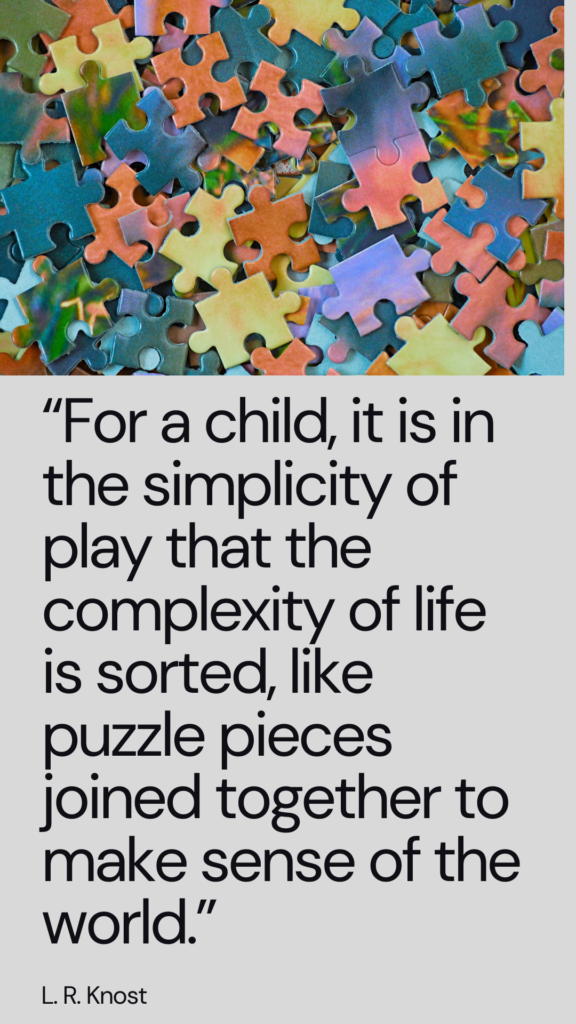The Role of Play & Creativity
Play and creativity have an important role in supporting babies and young children to be mentally healthy. Even very young babies can express themselves through play and as children grow they find opportunities for self-expression and exploration through stories, drawing, painting and games.
Play and creativity can help us understand children as they find ways to express themselves that don’t rely solely on verbal communication. Creative play allows children to integrate their feelings into activities so they can express their thoughts and emotions. Play can also help children develop social skills such as sharing, cooperation, and communication.


Stop and Reflect:
Spend some time thinking about your own experiences of play and creativity:
- What forms of play and creativity did you engage in as a child? Who did you play with? How much freedom did you have? How did your play differ from how children engage in play today?
- How can you develop playful attitudes and interactions with babies and children?
Helping families to understand the importance of play and creativity can also have a significant impact on social and emotional development. Have a look at the guide below to find ideas of how families can use play to support their child at home:

Apply Your Thinking:
How might we create environments that encourage play and creativity in the early years?
- How might families be encouraged to engage children in creativity and play at home?
- How might other settings and services working in the early years use play and creativity to support emotional wellbeing in infancy?
Optional presentation: The Links Between Play and Children’s Mental Health
Learn more about the links between play and children’s mental health in this presentation where Professor Helen Dodd from the University of Exeter explains how play has changed over time, and explores how adventurous play might be considered a protective factors when it comes to children’s mental health.






